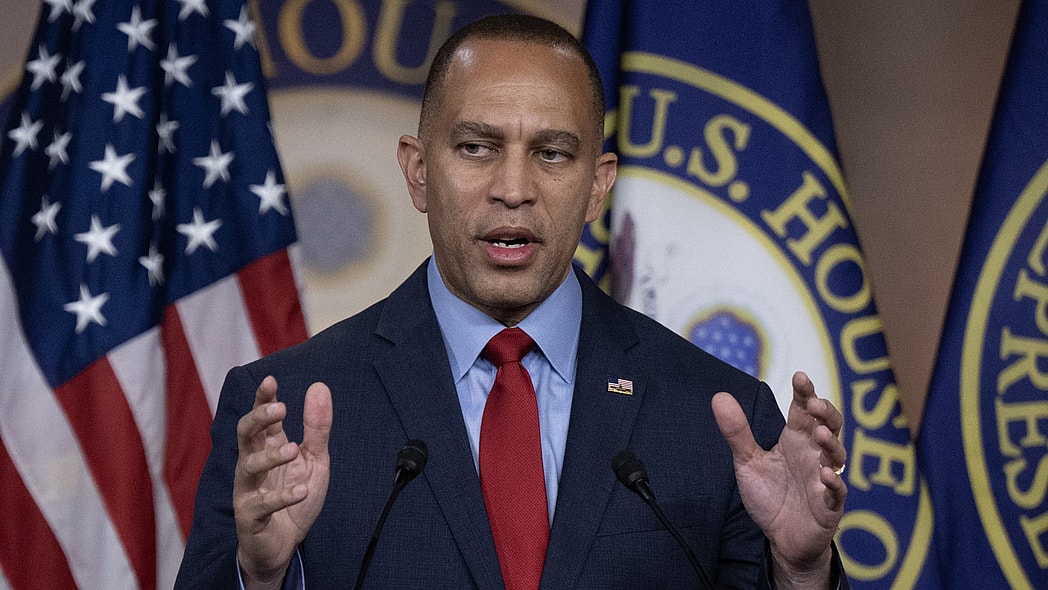The Biden administration on Monday launched a national database that tracks serious misconduct by federal law enforcement officers in an effort to ensure they’re not hired by other government agencies.
The National Law Enforcement Accountability Database is live and running as the Biden administration continues to implement components of its May 2022 executive order on police accountability. This latest executive order action is the direct result of Republicans in Congress blocking the passage of the George Floyd Justice in Policing Act.

Stephen Benjamin, director of the White House Office of Public Engagement, says this technology is manned by authorized users of the Department of Justice and is “priceless” for what it will deliver.
The database “holds records from the last seven years,” said Benjamin, who also noted “It is going to be expanded very soon to allow authorized users from any federal law enforcement agency and eventually state and local law enforcement agencies to use it as well.” The full expansion is expected in 2024. “So we are easing into the implementation phase,” added the former mayor of Columbia, South Carolina.
The White House calls the database “a first of its kind” that will “ensure that records of serious misconduct by federal law enforcement officers are readily available to agencies considering hiring those officers.”
Democratic Indiana Rep. Andre Carson, a former police officer himself, was still awaiting more details of the announcement when he spoke to theGrio. However, he said, “A database of officers who have a record of misconduct would be a long overdue step in the right direction.”
Carson, who is also a longstanding member of the Congressional Black Caucus, which supported the George Floyd Justice in Policing Act, said, “Officers who have broken the public trust and violated the rights of citizens they swore to protect and serve should be held accountable. They should not be rehired or recycled by other departments simply because their records of misconduct aren’t accessible.”
In a related note, another portion of the Biden executive order calls for body-worn cameras by federal agents and officers. Many agencies are awaiting those cameras as the funding is being held up by Republicans in Congress.
The president’s FY-2024 budget proposal includes nearly $90 million allocated to the civil rights division of the DOJ for body cameras to be worn by officials at the Federal Bureau of Investigation, Bureau of Alcohol, Tobacco, Firearms and Explosives, and the U.S. Marshals Service. The funding also would be used for IT support and storage.
However, a source told theGrio that since fiscal year 2020, the amount of funding for body cameras has not been enough. The budget request for police funding, which must be approved by Congress, is to fulfill Biden’s multipronged executive order.
The Biden administration is still calling on Congress to pass the George Floyd Justice in Policing Act “to advance accountability, transparency, and public trust in law enforcement across the nation. Send it to my desk and I will sign it,” Biden said in the statement.
Recommended Stories
Never miss a beat: Get our daily stories straight to your inbox with theGrio’s newsletter.








